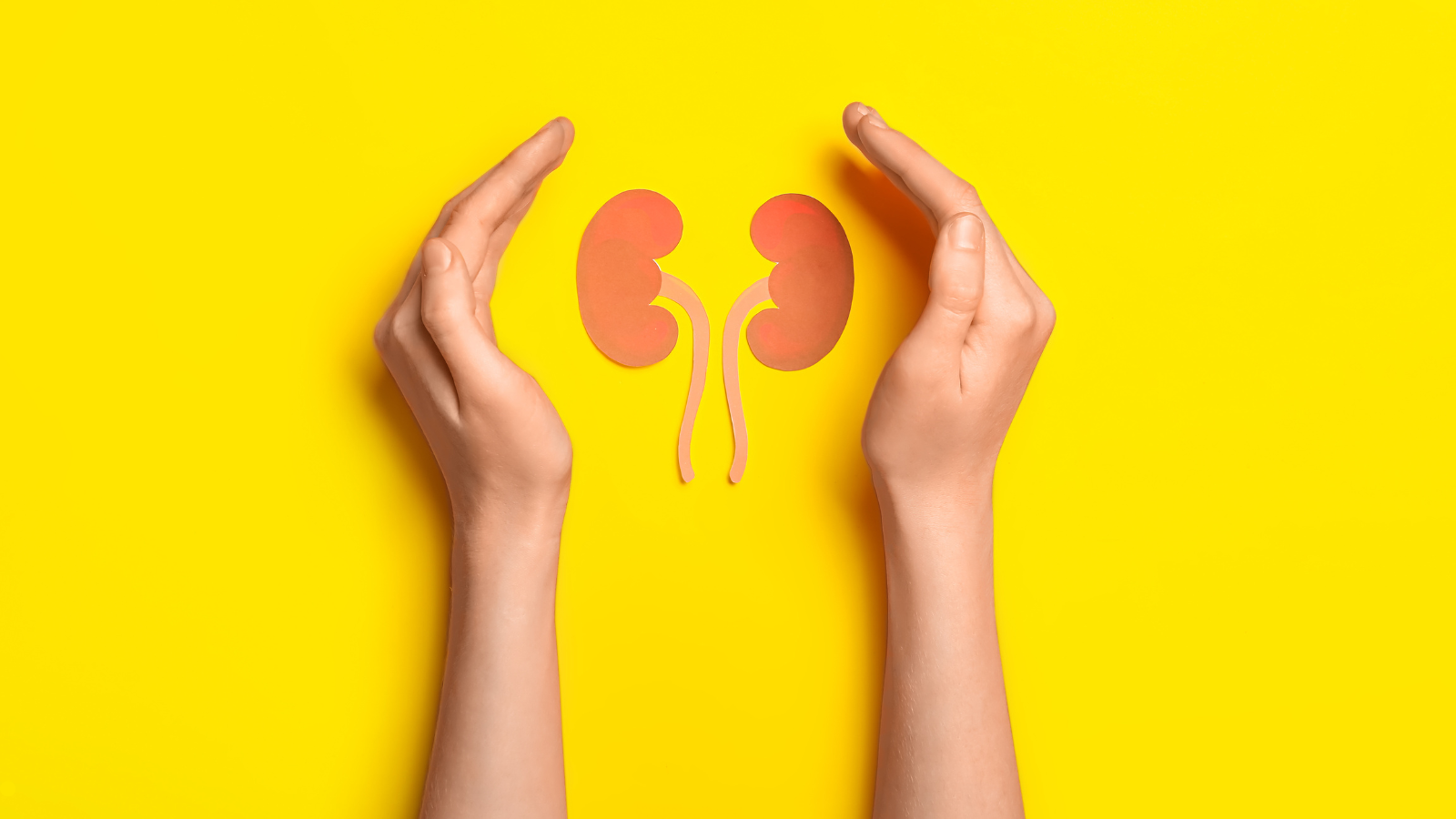Diabetes/weight-loss drugs show additional benefit
Researchers find people living with diabetes and related chronic kidney disease have better long-term outcomes on GLP1-RA therapies.
A well-known class of drugs used to manage type 2 diabetes and control weight could offer hope for individuals who also struggle with related chronic kidney disease (CKD), researchers at UT Southwestern (UTSW) Medical Center found.
The medications, known as glucagon-like peptide-1 receptor agonists (GLP1-RAs), include semaglutides, liraglutides, dulaglutides and more, available under a variety of brand names. UTSW researchers and their colleagues found that these drugs provide three significant benefits for people living with diabetes-related kidney disease compared with another common class of medications known as dipeptidyl peptidase-4 inhibitors (DPP4is) – reducing hospitalisation, all-cause mortality and kidney disease progression.
“The benefits of GLP1-RA therapy for blood glucose management are well known, but our research provides much-needed evidence in support of the renal-protective effect of GLP1-RAs in high-risk patients with moderate to advanced chronic kidney disease,” said first author Dr Shuyao Zhang, Assistant Professor of Internal Medicine in the Division of Endocrinology at UTSW.
The study, published in Nature Communications, was designed to emulate a clinical trial, using data from a nationwide cohort of patients at Veterans Health Administration hospitals and clinics. Researchers analysed the medical records of 64,705 veterans living with diabetes and CKD – divided into propensity-matched pairs of people who initiated GLP1-RA or DPP4i, to ensure there was no significant difference in baseline characteristics between the two groups. Propensity-matched pairs include one individual from a treatment group and one from a control group who have a high probability of receiving the same treatment based on their symptoms.
Over the study period of almost two years, the data showed significant reductions in acute health care utilisation (10 per cent lower); death from any cause (16 per cent lower); and kidney disease progression (36 per cent lower) among patients initiated on a GLP1-RA vs. DPP4i.
Patients living with CKD and end-stage renal disease due to type 2 diabetes are also prone to complications such as hypoglycaemia (low blood sugar), infections, or cardiovascular events. Managing these risks, and reducing the need for expensive, acute-care hospitalisation, has long been a challenge.
“People living with diabetes and chronic kidney disease have a very high risk of complications and experience frequent hospitalisations,” Dr Ildiko Lingvay, Professor of Internal Medicine in the Division of Endocrinology, said. “Yet this population is much less likely to be included in clinical trials or be treated with medications that have proven benefits. Our findings demonstrate that GLP1-RAs can lead to fewer cardiovascular events, less progression of kidney disease, and lower health care costs. These are very impactful outcomes that support the widespread benefits of this class of medications in this high-risk population.”
Dr Zhang and Dr Lingvay believe that their study could help lead to changes in the clinical management of CKD.
“Historically, diabetic kidney disease has been difficult to address,” Dr Zhang said. “With further research, we could eventually see new guidelines that include GLP1-RAs as part of a comprehensive treatment approach for diabetes-related kidney disease, potentially improving long-term outcomes and enhancing individuals quality of life.”

